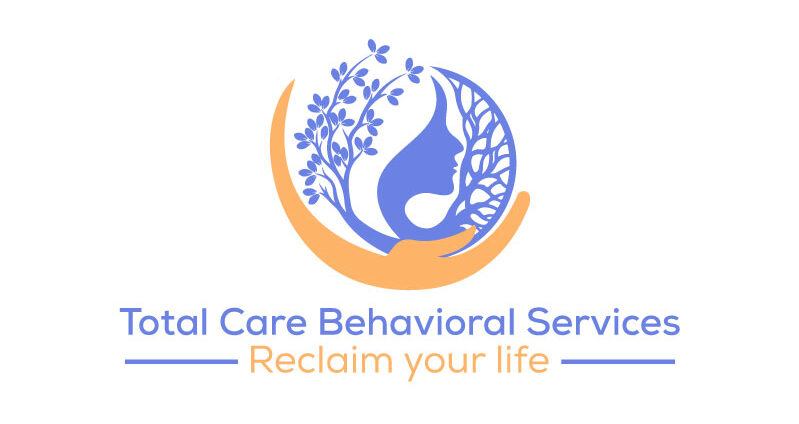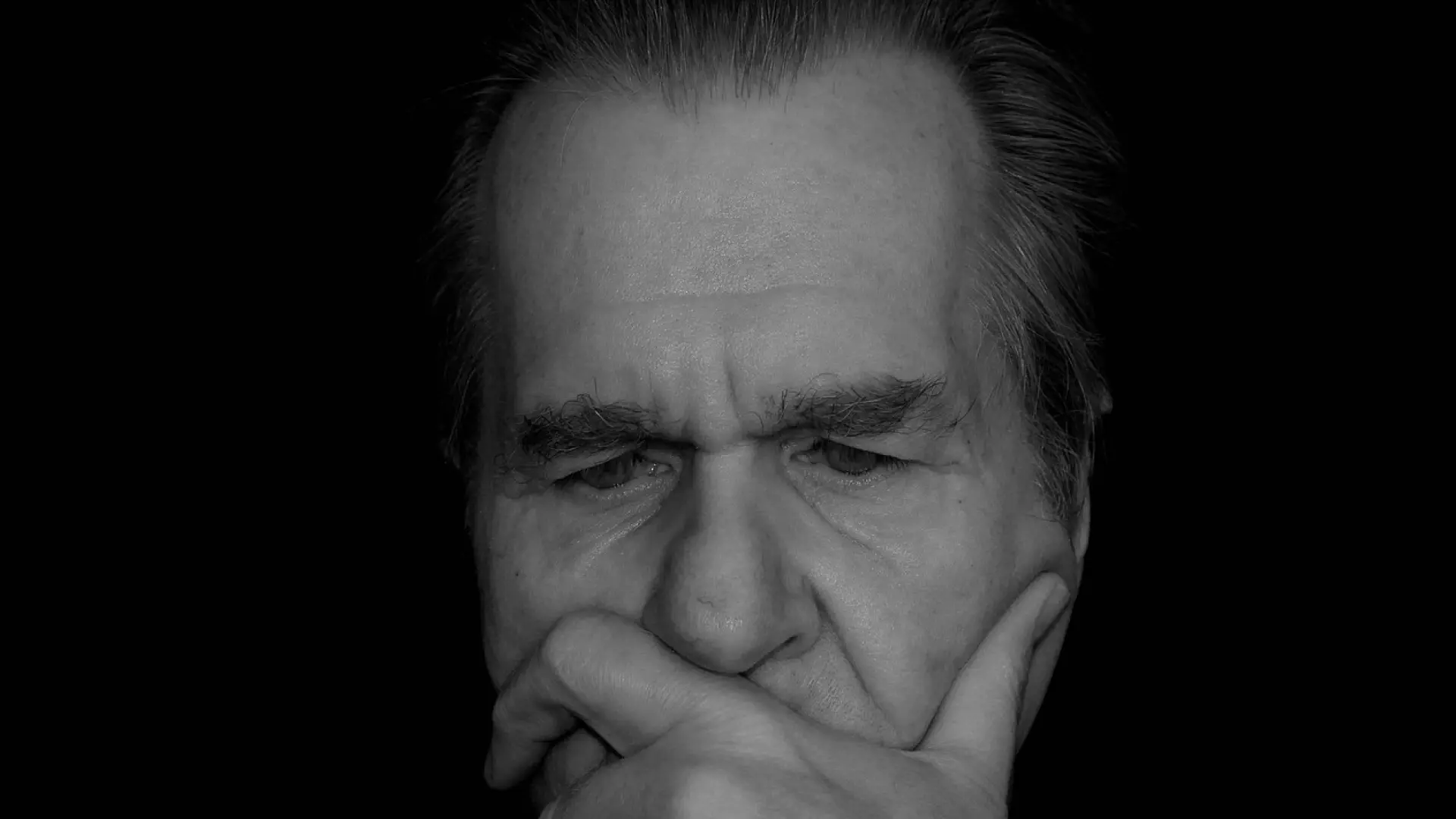Chances of Getting Disability for Bipolar Disorder
Introduction
Discover the chances of getting disability benefits for bipolar disorder. Learn about SSA criteria, approval rates, and how to strengthen your claim with medical evidence.
Bipolar disorder is a severe mental health condition that can significantly impact a person’s ability to work and carry out daily activities. Many individuals with bipolar disorder seek disability benefits through programs such as Social Security Disability Insurance (SSDI) and Supplemental Security Income (SSI) in the United States. However, the approval process can be challenging, requiring substantial medical documentation and proof of disability.
Understanding Bipolar Disorder and Disability
Bipolar disorder is characterized by extreme mood swings, including manic and depressive episodes. These mood fluctuations can affect concentration, decision-making, and the ability to perform consistent work. The Social Security Administration (SSA) considers bipolar disorder under Listing 12.04: Depressive, Bipolar, and Related Disorders in its Blue Book, which outlines qualifying mental health conditions.
Criteria for Disability Qualification
If you or someone else has the chances of getting disability for bipolar disorder they can qualify for disability benefits, Applicants must meet the SSA’s criteria, which include:
1. Medical Documentation
- A formal diagnosis of bipolar disorder from a psychiatrist or psychologist.
- Evidence of persistent manic and depressive episodes.
- Treatment history, including medications, therapy, and hospitalizations.
2. Functional Limitations
The SSA evaluates how bipolar disorder affects daily functioning in the following areas:
- Understanding, remembering, or applying information
- Interacting with others
- Concentrating, persisting, or maintaining pace
- Adapting or managing oneself
To qualify under Listing 12.04, applicants must demonstrate an extreme limitation in one of these areas or a marked limitation in at least two.
3. Inability to Work
If an applicant does not meet the SSA’s Blue Book criteria, they may still qualify by proving that bipolar disorder prevents them from performing substantial gainful activity (SGA). This requires:
- Testimony from medical professionals.
- Statements from employers, family, or caregivers.
- Work history records showing an inability to maintain employment due to symptoms.
Factors Affecting Approval Chances
The likelihood of approval for disability benefits depends on several factors:
1. Severity of Symptoms
- Frequent hospitalizations and suicide attempts can strengthen a case.
- Documentation of psychotic symptoms or extreme mood instability improves approval chances.
2. Consistency of Treatment
- Compliance with prescribed medications and therapy is crucial.
- A lack of treatment history may lead to claim denial.
3. Work History and Functional Limitations
- Applicants with a consistent work history who can no longer perform their job due to symptoms have a stronger case.
- If bipolar disorder has led to long gaps in employment, it supports disability claims.
Steps to Apply for Disability Benefits
1. Gather Medical Evidence
- Obtain records from psychiatrists, therapists, and hospitals.
- Secure statements from mental health professionals.
2. Complete the Application
- Apply online at the SSA website or visit a local office.
- Provide detailed descriptions of daily limitations and work history.
3. Seek Legal Assistance (if Needed)
- Many claims are denied initially; an attorney can help appeal a denial.
- Disability advocates can improve the chances of approval.
Success Rates and Appeals
- Initial Approval Rate: Around 30% of applicants receive approval on their first try.
- Appeal Process: Many cases are approved at the reconsideration or hearing stage.
- Hearing Approval Rate: About 50% of cases win disability benefits at the hearing stage with proper legal representation.
Conclusion
Receiving disability benefits for bipolar disorder can be a complex process, but with strong medical evidence, consistent treatment, and a clear demonstration of functional limitations, approval is possible. Seeking professional legal or medical advice can increase the chances of success.
TotalCare Behavioral Services
TotalCare Behavioral Services provides comprehensive treatment for individuals with bipolar disorder in Loganville. Our expert team offers personalized therapy, medication management, and support to help patients manage their symptoms effectively.
References
- Social Security Administration (SSA). (2024). Disability Evaluation Under Social Security (Blue Book). www.ssa.gov
- National Institute of Mental Health (NIMH). (2024). Bipolar Disorder. www.nimh.gov
- Bazelon Center for Mental Health Law. (2024). Social Security Disability Benefits for Mental illness. www.bazelon.org

